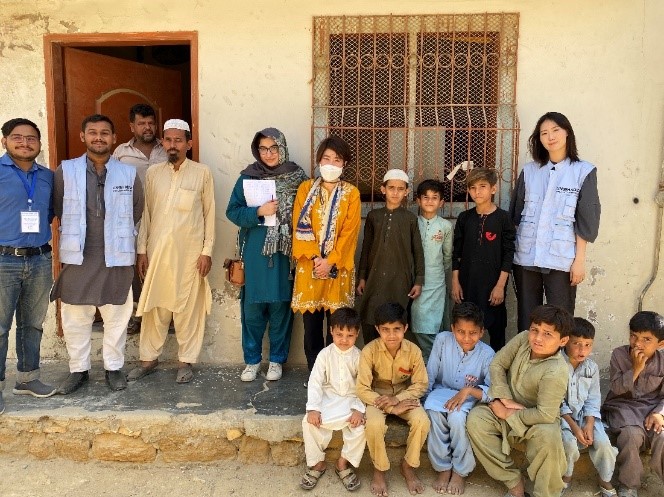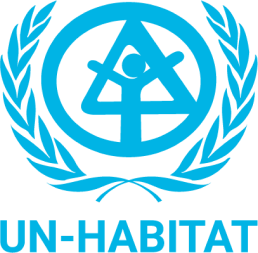United Nations World Cities Report 2016 has named Karachi’s Orangi town as the largest among the world’s five largest slums, and more than 50 percent of the city population lives in informal settlements, known as Katchi Abadis. Due to high population in those areas, infrastructures and living condition have been deteriorated ed and there has been no significant investment for infrastructure and living condition improvements. Contributing to the ongoing initiatives to improve living conditions of Katchi Abadis, UN-Habitat has developed plans and strategies under Domain of Change 2: Enhanced shared prosperity of cities and regions and 3: Strengthened climate action and improved urban environment.
UN-Habitat is implementing a project “The development of enabling environment for low emission development and supporting NDC plan under the Paris Agreement focusing on environment and living condition upgrading in slum areas”. This initiative strengthens national and local capacities for climate change mitigation and adaptation, focusing on low-emission development in urban slum areas.

According to a community leader of Kachi Abadi in Karachi,
“We’re thankful for UN-Habitat and Korea Land and Housing Corporation (LH)’s support. This project offers hope for an improved infrastructure and a better future for our children.”
In addition, to maximize benefits of communities, UN-Habitat develops community partnership mechanism at local level. With this mechanism, local’s needs have been identified and analyzed for project preparation and implementation. This assessment supports to develop strategies how to improve urban slum areas in Pakistan while this would enhance local ownership of the intervention and understand its impact. It contributes for a greener, more inclusive future in urban slum areas of Pakistan.


